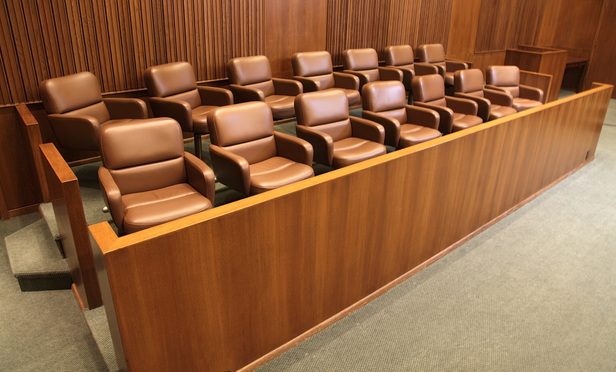In general, once a jury has been discharged, the trial judge cannot recall the jury to reconsider the verdict it rendered. The reasoning behind this principle is that jurors may have discussed the case with others or been exposed to outside influences and may no longer be able to act fairly and without prejudice. In Dietz v. Bouldin, recently argued before the U.S. Supreme Court, the justices could resolve a circuit split and decide whether to establish a bright-line rule prohibiting recall or grant limited discretion to district judges to recall a discharged jury.
What seems like a straightforward issue raises interesting and difficult questions about the role of the jury, the psychology of being a juror and the advantages and disadvantages of a bright-line rule. It also serves as a reminder to trial counsel to pause, before the judge dismisses the jury, to think through any lingering problems that the jury could correct.
This content has been archived. It is available through our partners, LexisNexis® and Bloomberg Law.
To view this content, please continue to their sites.
Not a Lexis Subscriber?
Subscribe Now
Not a Bloomberg Law Subscriber?
Subscribe Now
LexisNexis® and Bloomberg Law are third party online distributors of the broad collection of current and archived versions of ALM's legal news publications. LexisNexis® and Bloomberg Law customers are able to access and use ALM's content, including content from the National Law Journal, The American Lawyer, Legaltech News, The New York Law Journal, and Corporate Counsel, as well as other sources of legal information.
For questions call 1-877-256-2472 or contact us at [email protected]






